Publisher
ISBN 10

My Teaching Routine
Mark Martin
Sage, March 2023
Next year looks set to be the most challenging ever in terms of recruitment, so anything that promises to help schools retain more of their new recruits without putting greater pressure on leaders and mentors is likely to be hugely welcome. Here, Mark Martin (aka @Urban_Teacher) focuses on establishing a teaching routine that works, with six steps to support teachers to create their own. There are no silver bullets, but simple techniques to manage workload are a promising avenue for retention. Due out at the very end of dark and challenging winter, it could be perfectly timed too.
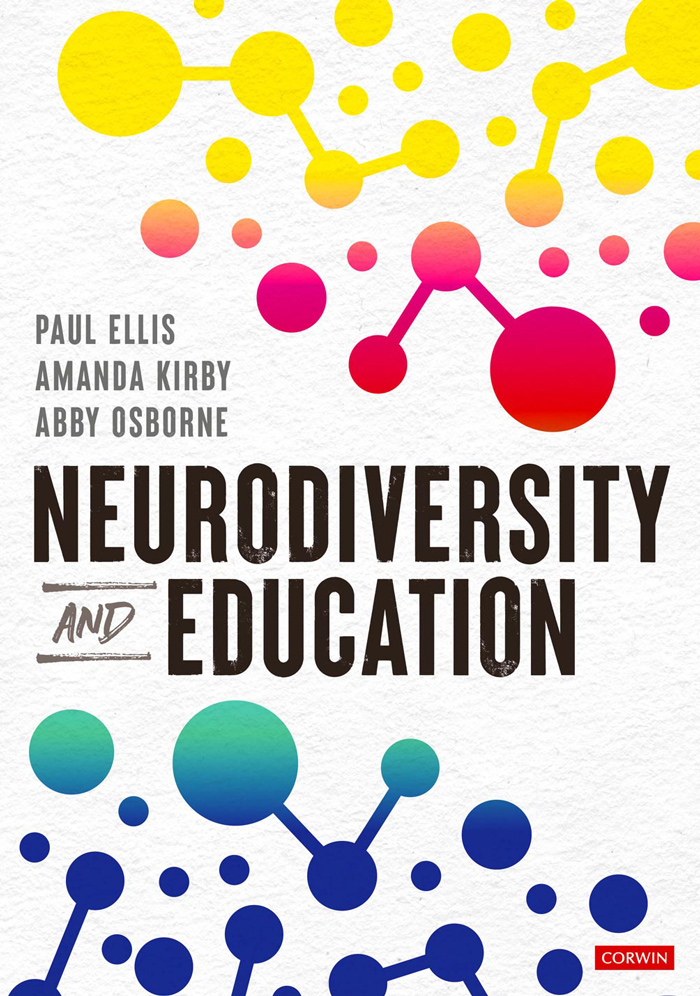
Neurodiversity and Education
Paul Ellis, Amanda Kirby, Abby Osborne
Sage, January 2023
One of our ‘blogs of the year’ made a huge splash by calling out the education system’s deficit framing of SEND. Meanwhile, Covid’s disproportionate toll on neurodiverse pupils means their inclusion is possibly one of the most challenging aspects of recovery facing schools. This book brings together Paul Ellis, Amanda Kirby and Abby Osborne’s collective knowledge of neurodiversity and curriculum design and promises to help schools to practically consider, respect and appreciate neurodiversity, to see potential rather than deficit and to show how an emphasis on ability can cultivate a better world. A fascinating contribution as the SEND review takes its next steps.
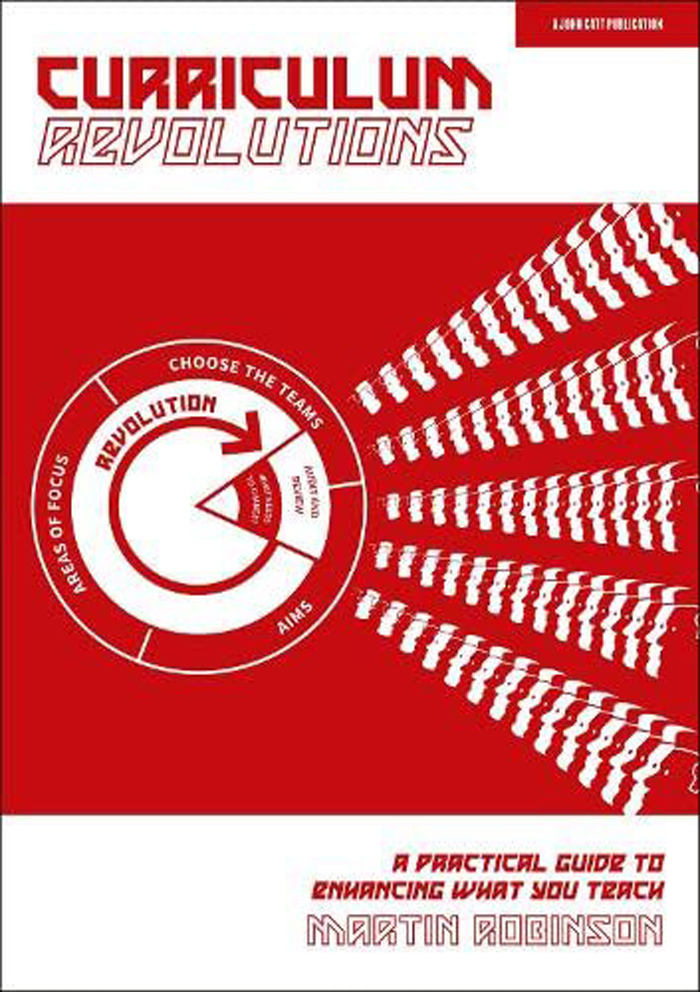
Curriculum Revolutions: A Practical Guide to Enhancing What You Teach
Martin Robinson
John Catt Educational, September 2022
Amid growing concern about perverse incentives and mixed results, next term will mark the three-year anniversary of Ofsted’s latest inspection framework. Frameworks seldom last longer than four years, but the curriculum revolution this one brought about may still be in its infancy. Here, Martin Robinson – whose Trivium was no doubt influential in the system’s curriculum turn – is back with a continuous cycle of planning, designing, delivering, reflecting upon and reviewing your curriculum to assist school teams in creating, building and maintaining a cohesive and coherent curriculum. Could the system have just been waiting for him to invent the wheel?
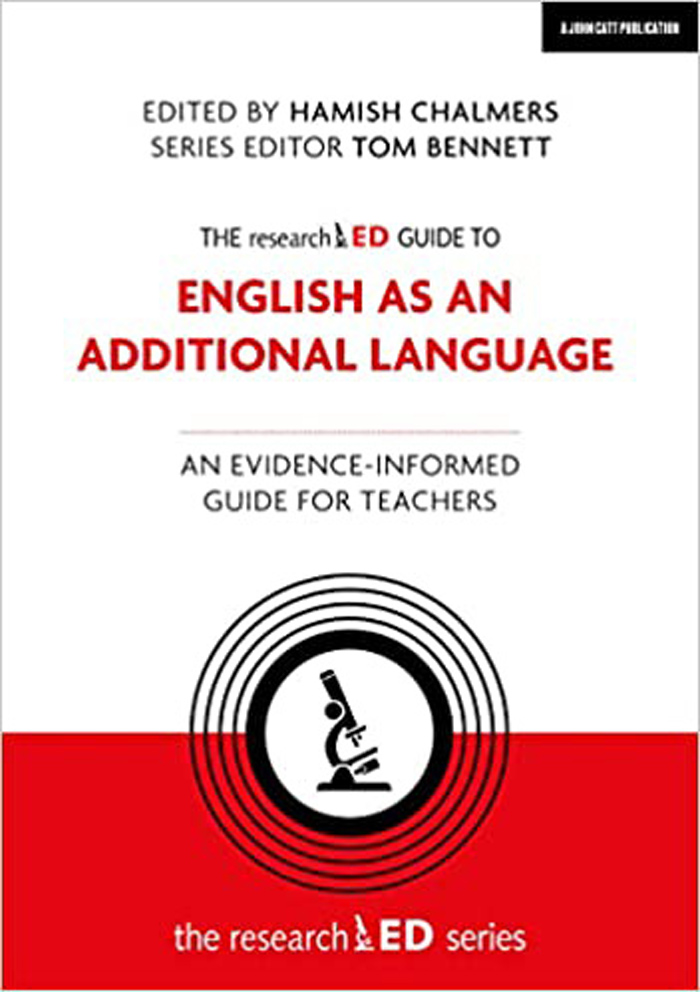
The ResearchED Guide to English as an Additional Language: An Evidence-informed Guide for Teachers
Hamish Chalmers
John Catt Educational, July 2022
As schools continue to welcome new arrivals from Ukraine and evidence shows more and more schools are teaching newly diverse communities, Hamish Chalmers’ guide to what works in the teaching of pupils with EAL is likely to make its way into many a staffroom. With contributions from the sort of broad group of researchers and educators that is typical of this series, this is a primer on the key questions teachers of pupils with EAL face, from the general implications of teaching children in a language that many are still in the process of learning, to the specifics of EAL-friendly pedagogy. And about time too.
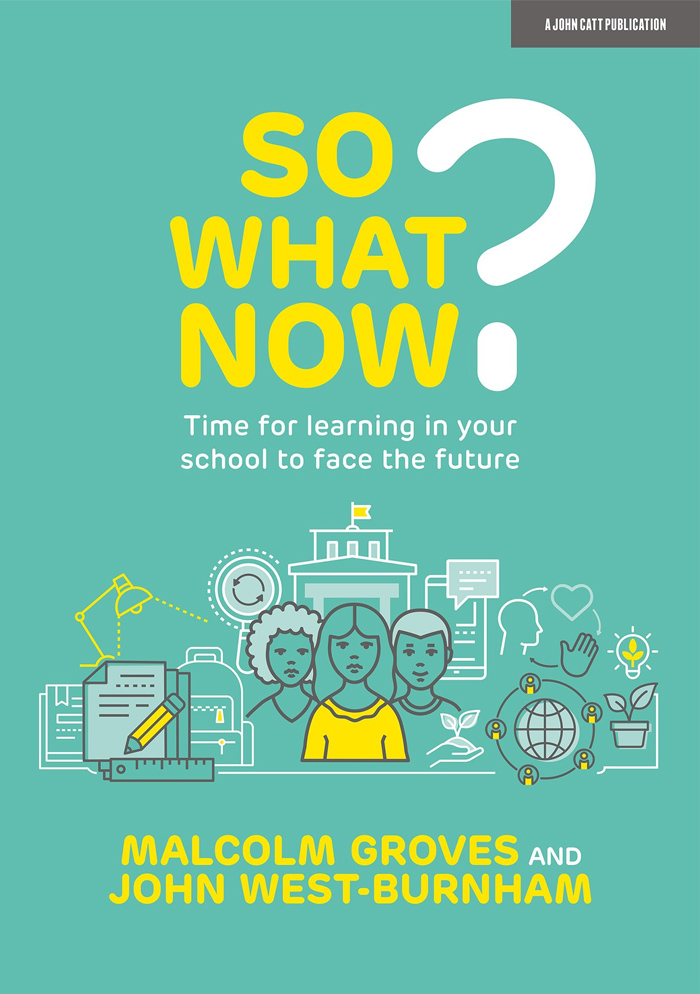
So What Now? Time for Learning in Your School to Face the Future
Malcolm Groves and John West-Burnham
John Catt Educational, June 2022
Out now, but sadly too late to make it into our review column this term, this is a book about the future of education that teachers will want to read. Forget 21st-century skills and jobs that haven’t been invented yet. Park any ideas about teaching kids to solve the climate crisis too. This book promises to get to more fundamental problems about the type of learning that happens in schools and how to secure ‘deep learning for future sustainability’. Evidence-informed and based on case studies and a range of other sources, this argument for learning that leads to conscious action is likely to reinvent educational futurism – without the myths.
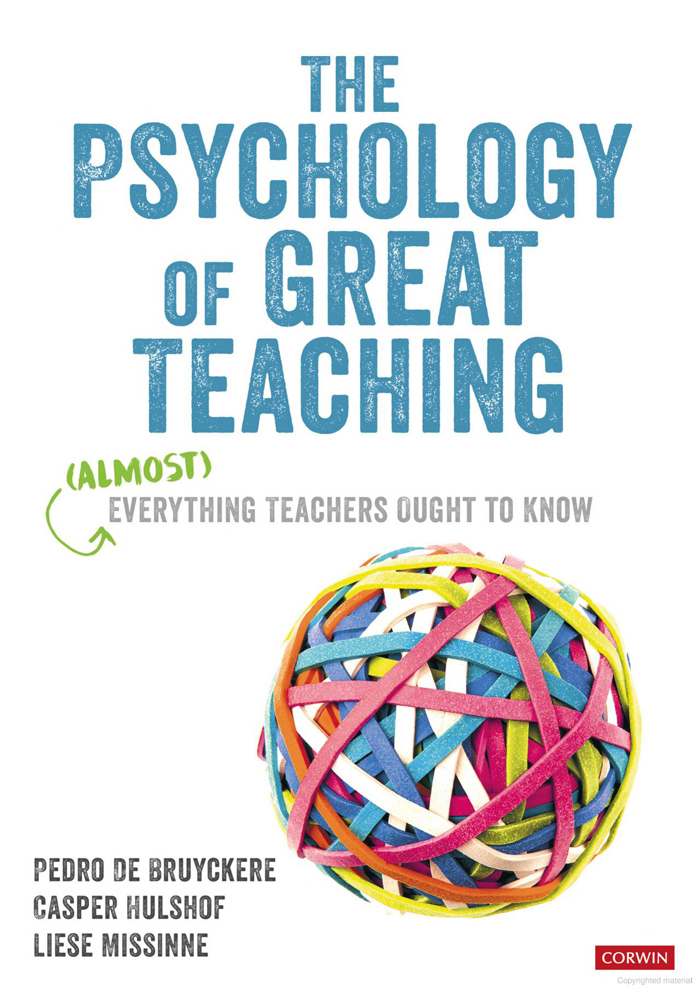
The Psychology of Great Teaching. (Almost) Everything Teachers Ought to Know
Pedro De Bruyckere, Casper Hulshof and Liese Missinne
Sage, July 2022
On the subject of myths, Pedro De Bruyckere’s Urban Myths about Learning and Education was another seminal work in the turn towards a research-informed profession. Here, he returns with co-authors Casper Hulshof and Liese Missinne to tackle what great teaching looks like – from the inside out. Taking in developmental psychology, social psychology, personality theory and systems theory, as well as their now mainstream cousin, cognitive psychology, this tome promises practical take-aways for teachers of any age and phase.
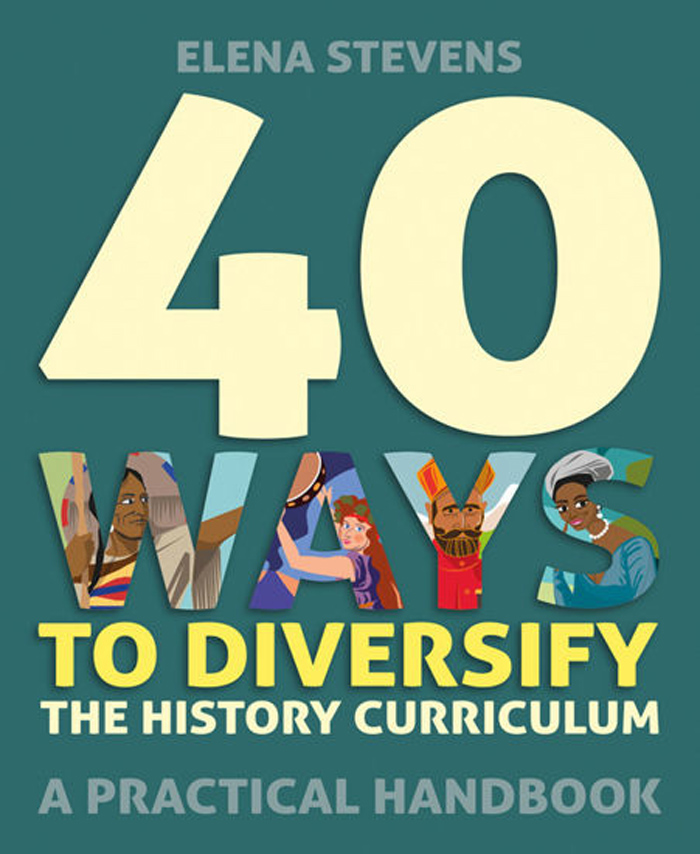
40 Ways to Diversify the History Curriculum. A Practical Handbook
Elena Stevens
Crown House Publishing, July 2022
Many schools this year have chosen not to wait for the DfE’s promised ‘model history curriculum’, which isn’t due until 2023, but rather to start diversifying their curriculum now. With schools serving increasingly diverse communities and research showing that many nevertheless continue to employ all-white workforces, Elena Stevens’s wide-ranging compendium of enquiries and case studies goes beyond representations of race to also explore how women, the working class and LGBTQ+ communities fit into the history curriculum and could be just what the doctor ordered to support all history teachers (key stage 2 and up) to reimagine what they teach and how.
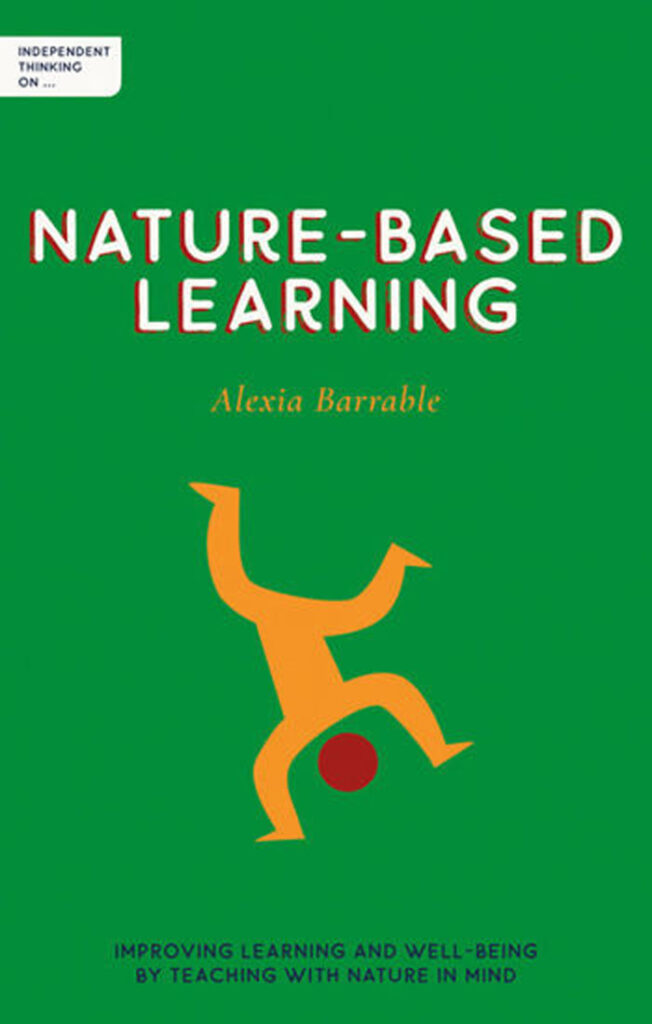
Improving Learning and Well-being by Teaching with Nature in Mind
Alexia Barrable
Crown House Publishing, August 2022
Part of the publisher’s ‘Independent Thinking’ series, this contribution sees Alexia Barrable go beyond the increasingly popular ‘forest schools’ to help schools deliver an important aspect of the DfE’s climate change and sustainability strategy, published this year. Designed to inspire individual sessions or to support building a cohesive outdoor-learning curriculum, it features practical advice, case studies and discussion of original theory. The book aims to inspire, motivate and stimulate alternative approaches to teaching in the outdoors and with nature in mind. The key question is whether it will help schools for whom the great outdoors is not readily accessible. But then, it’s not clear the DfE have worked that out either.
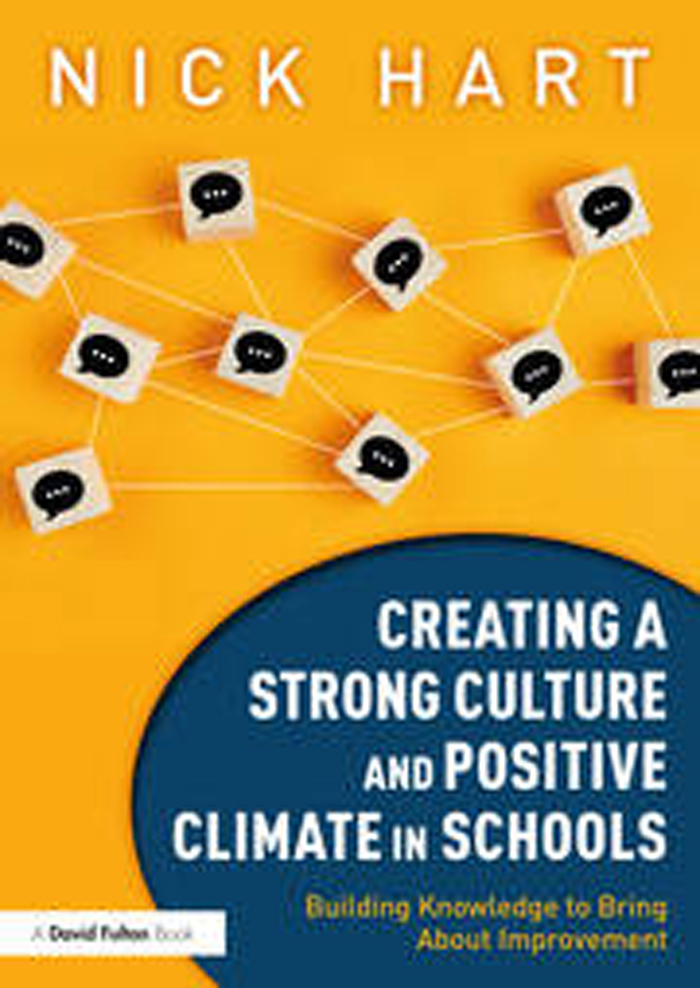
Creating a Strong Culture and Positive Climate in Schools: Building Knowledge to Bring About Improvement
Nick Hart
Routledge, September 2022
When it comes to wellbeing, it’s impossible to put the pupils at the centre of things without due consideration for their teachers. Nick Hart, whose blog is regularly chosen to feature in our ‘blogs of the week’ column, here offers a book that sets out the specific knowledge and expertise leaders require for great cultural leadership, whether that’s leading change, building a team, harnessing potential or building trust and autonomy. With practical examples and case studies to show how Hart’s hard-won lessons can be applied in different school contexts, it promises to be essential leadership reading for another challenging year ahead.
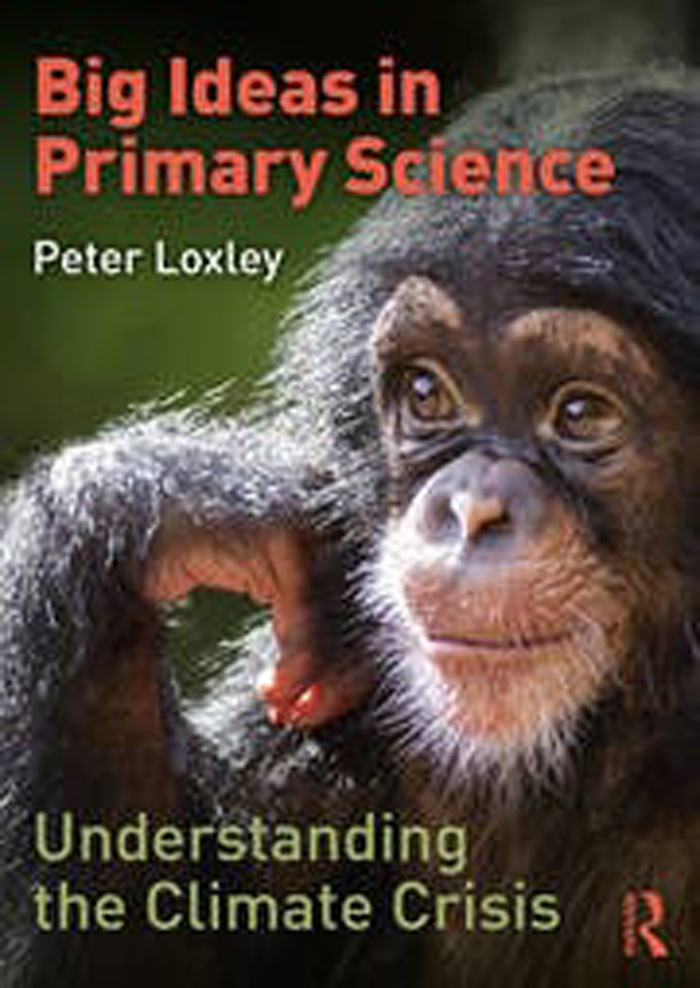
Big Ideas in Primary Science: Understanding the Climate Crisis
Peter Loxley
Routledge, September 2022
And returning for a moment to the DfE’s climate change strategy, here’s another book that’s not for sitting around and waiting for another model curriculum in 2023. Given teachers’ consistently self-reported lack of confidence in teaching this topic, there’s really no time to waste, and Peter Loxley’s book offers primary teachers the subject and pedagogical knowledge they need to integrate it into their curriculum. It includes models of good practice exemplifying how primary-aged children can develop their understanding of some of science’s big ideas and engage with important issues, as well as opportunities to cross-pollinate the subject across other curriculum areas, such as geography, design technology and art.
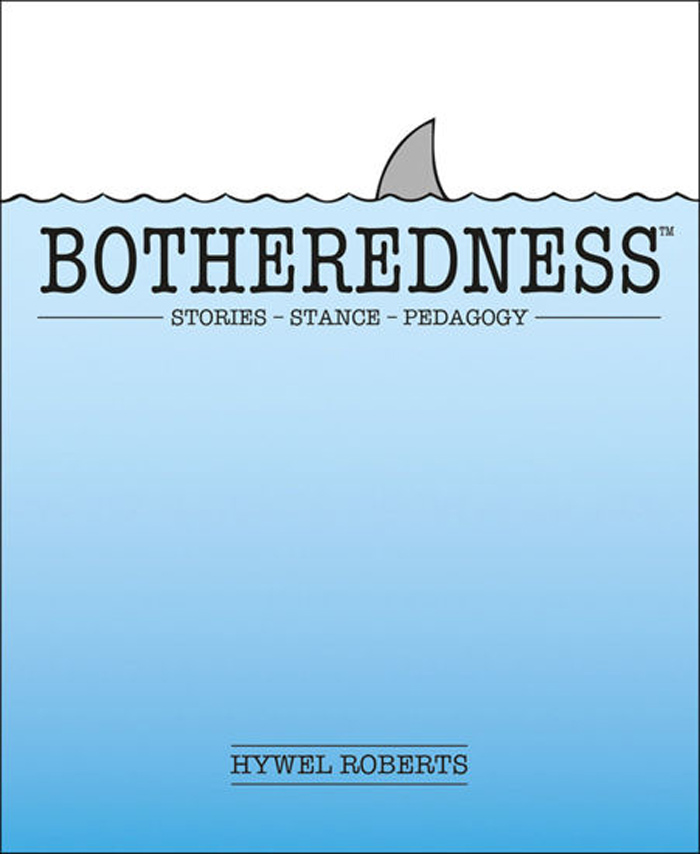
Botheredness™. Stories, Stance and Pedagogy
Hywel Roberts
Crown House Publishing, October 2022
“Funny, engaging and rapturous,” reads the publisher’s entry for this book, and anyone who’s seen Hywel Roberts deliver a talk will expect no less. Here, he explores what it means to be a teacher in the hope of reigniting the excitement you felt when you first entered the profession. Which brings us back round to our opening topic of retention. Unlike Mark Martin’s effort, though, you won’t find practical tips here for what to do minute by minute, lesson by lesson or day by day, much less any impenetrable research or pre-formed schemes of work. It’s just a book that invites you to consider where you are on your own educational journey. It’s a book to get you bothered.
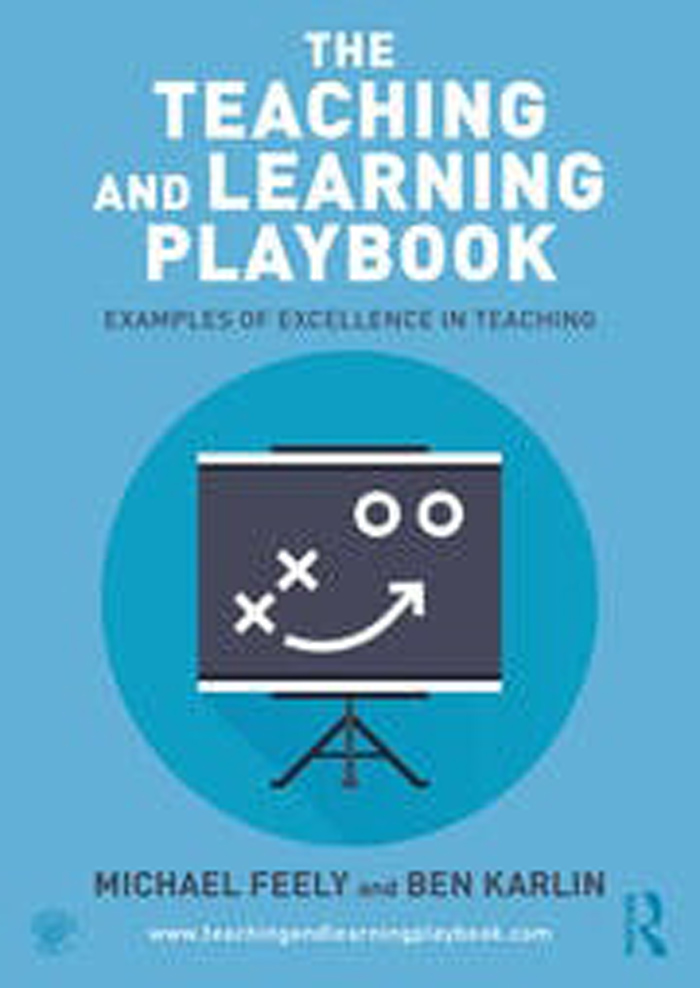
The Teaching and Learning Playbook. Examples of Excellence in Teaching
Michael Feely, Ben Karlin
Routledge, November 2022
For those who are bothered about the research and wished it was a little less impenetrable, and for those who want strategies they can roll out now, Michael Feely and Ben Karlin’s Playbook could be just the ticket. With 100 techniques to drive improvements in teaching and learning covering a range of topics under the rubrics of routines for learning; questioning and checking for understanding; modelling, explaining and feeding back; resilience, independence and retrieval; curriculum and teaching out of specialism, it could be the book to make the difference between chucking in the towel and teaching another day.













Your thoughts